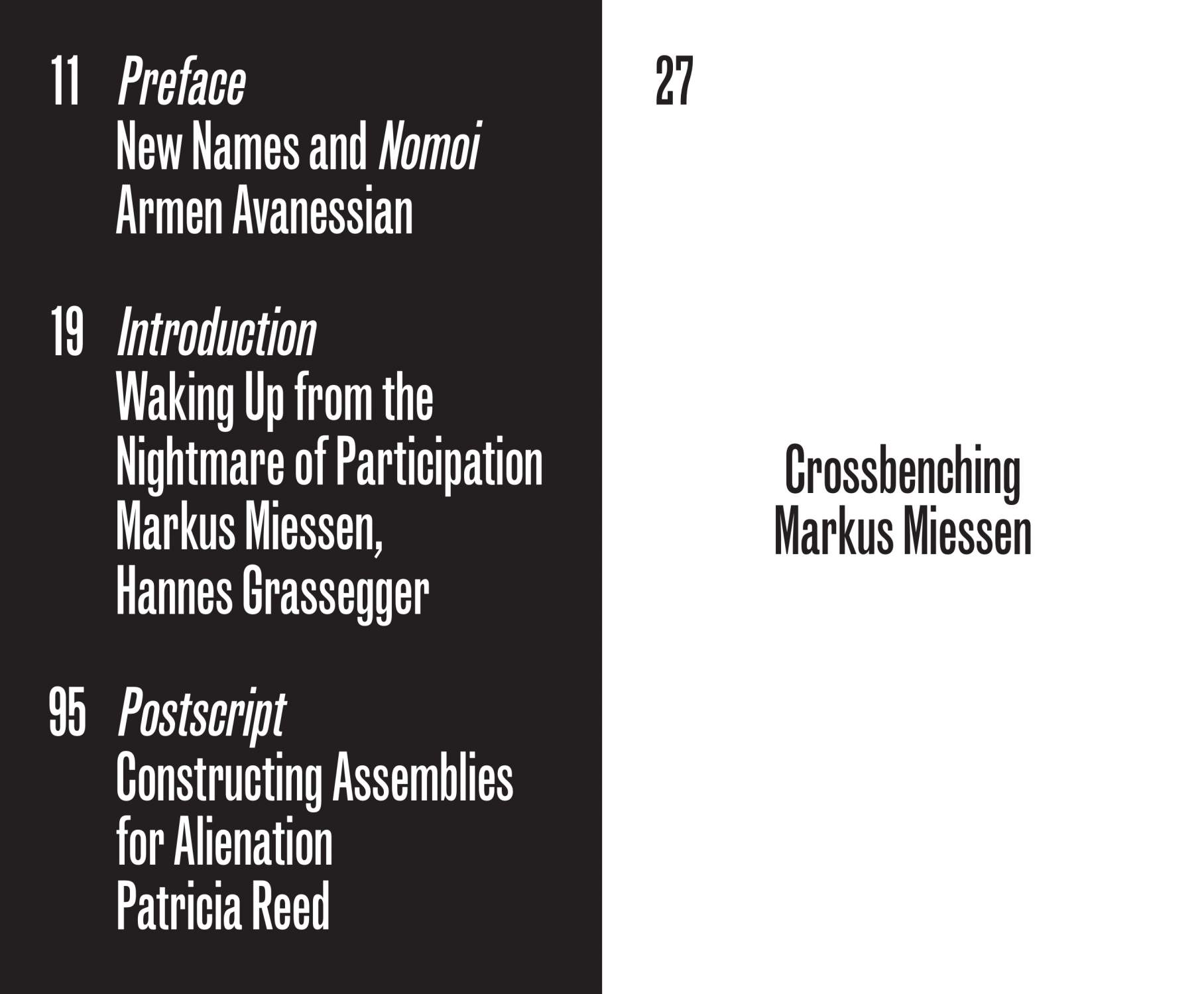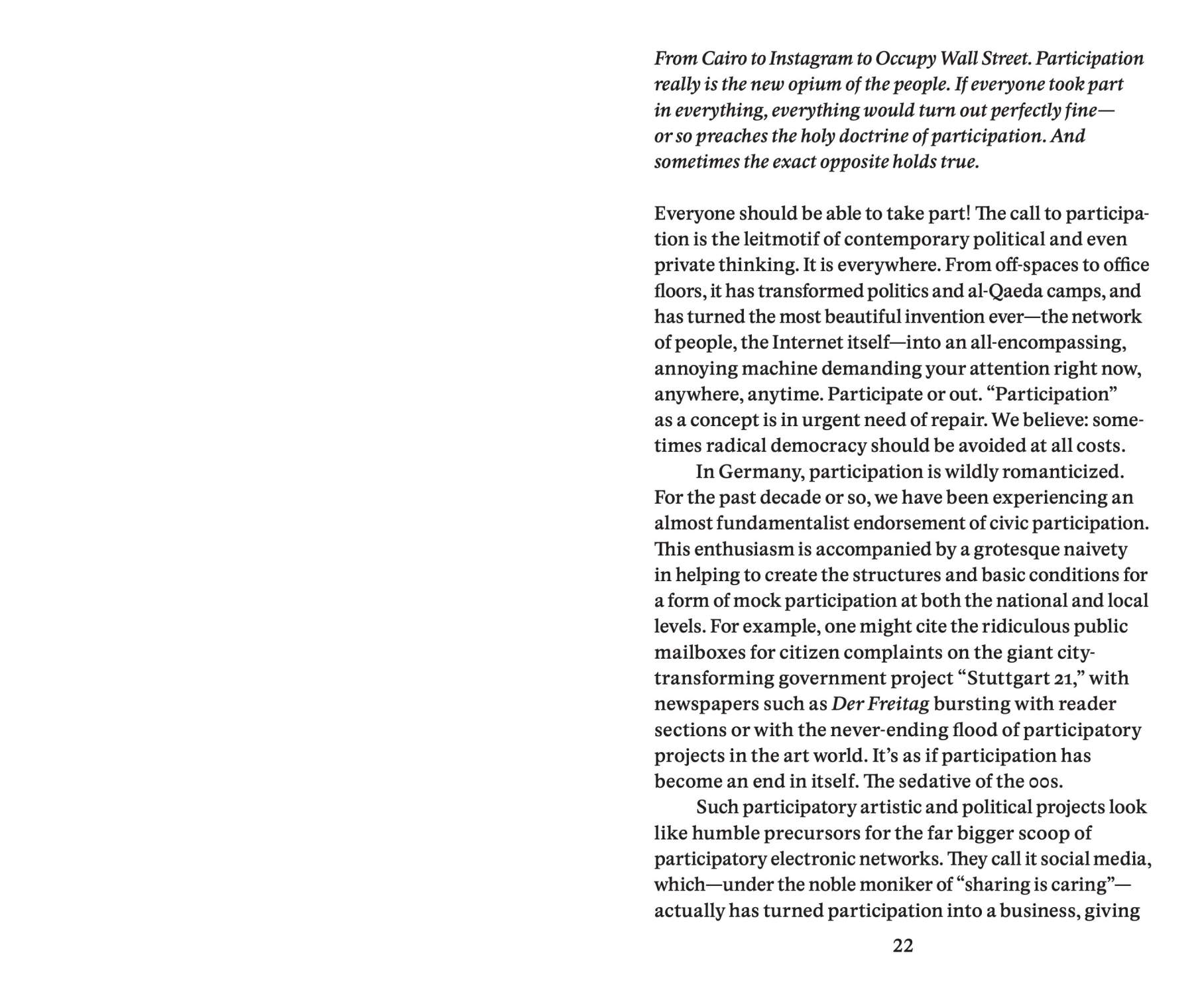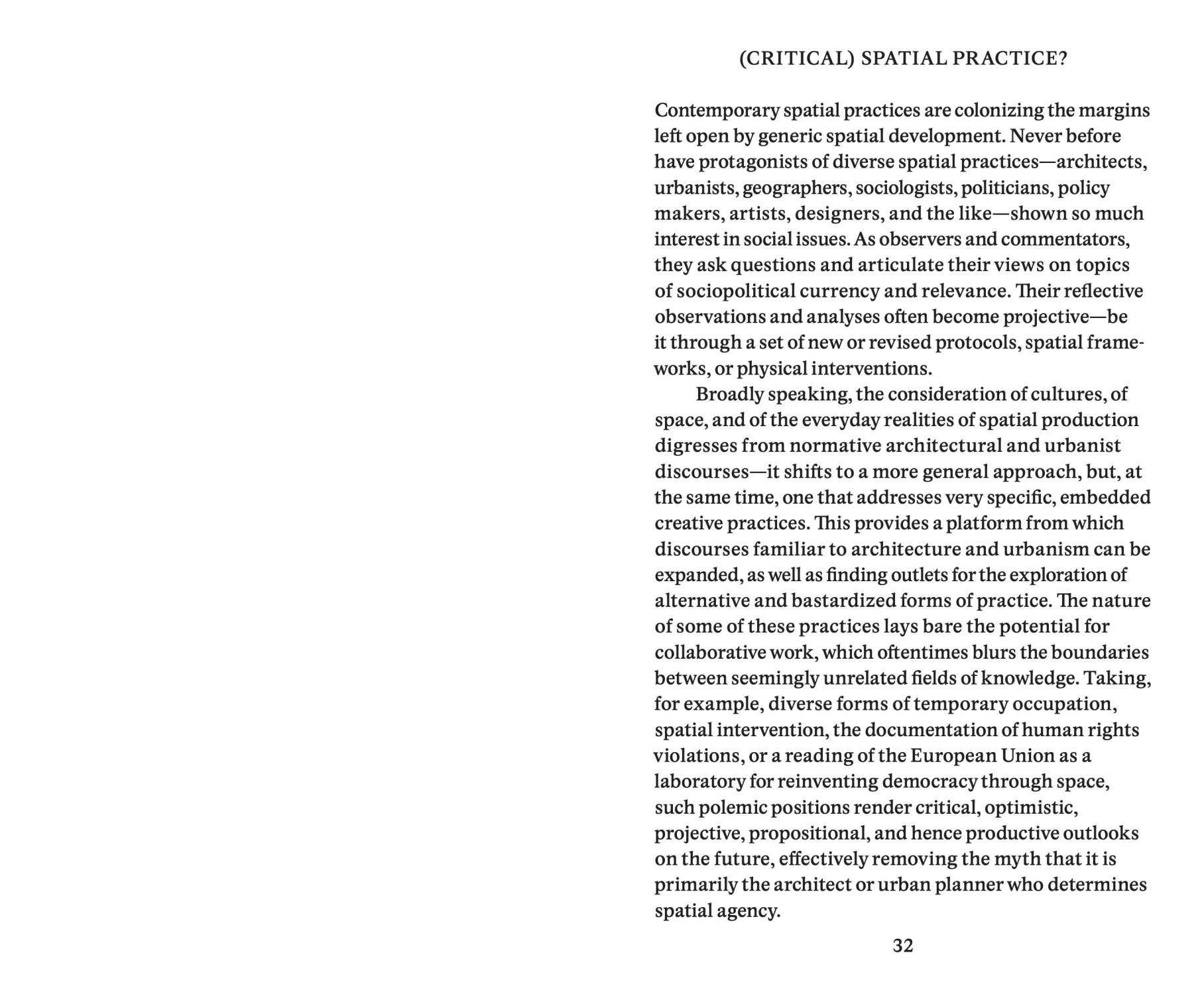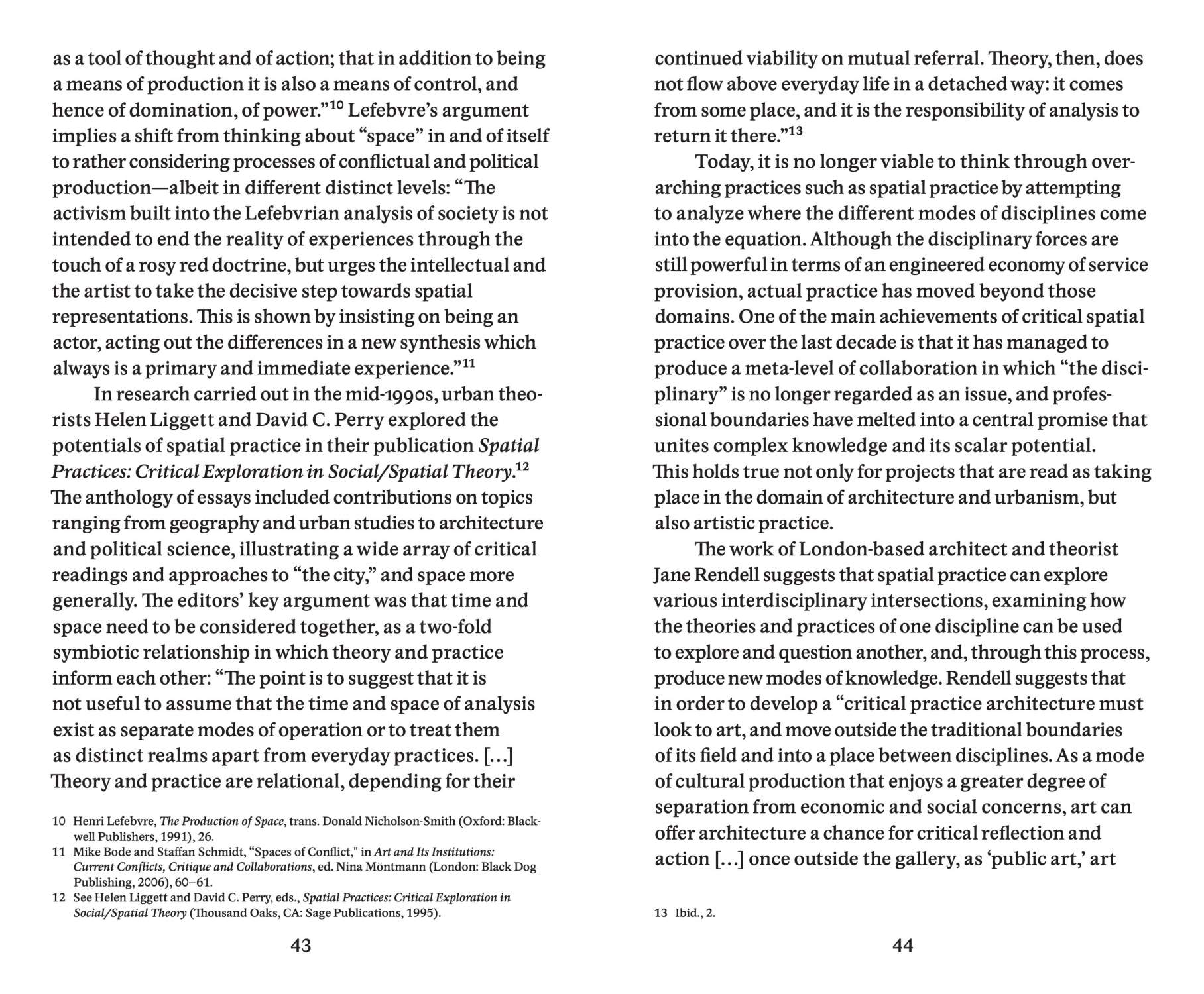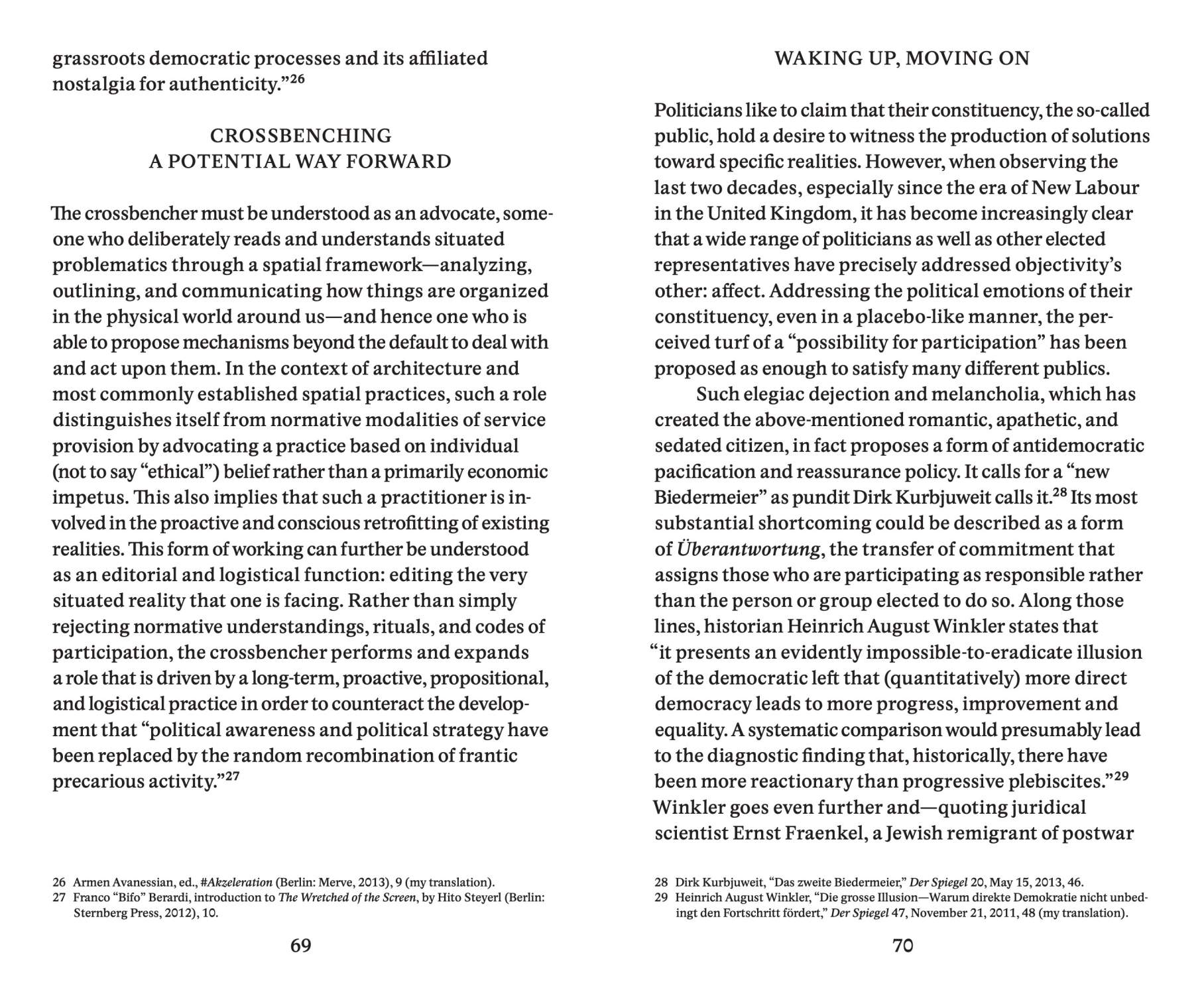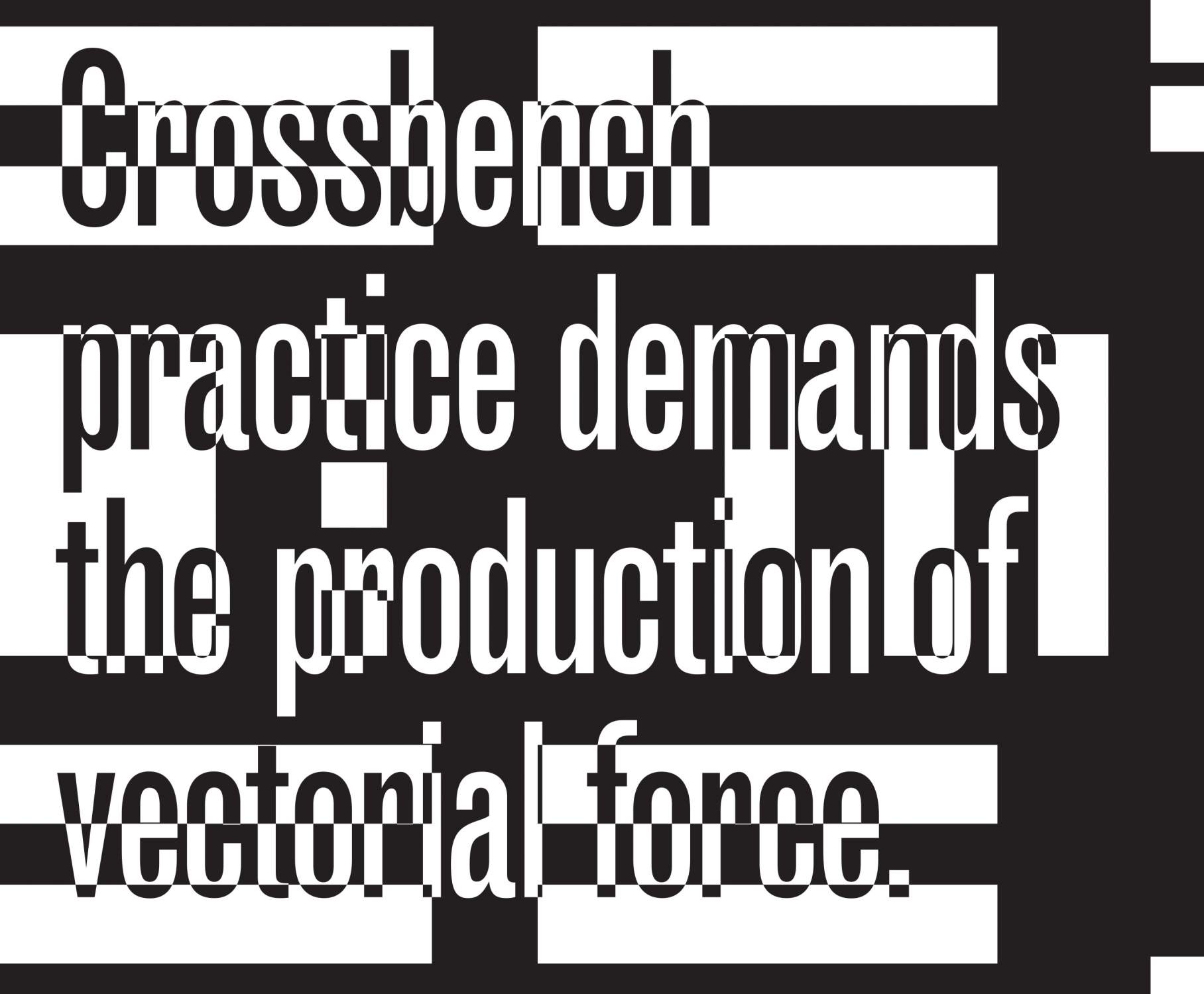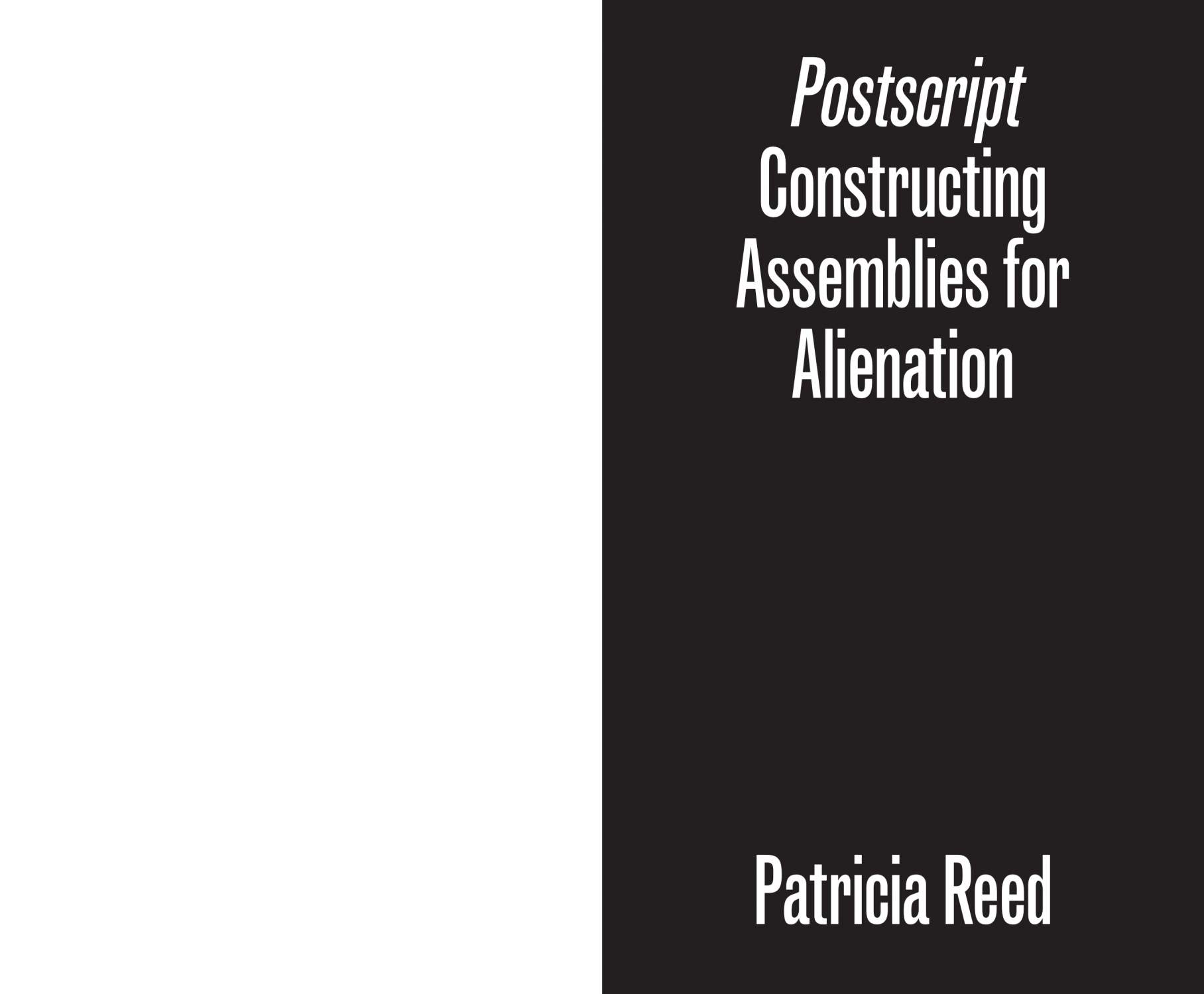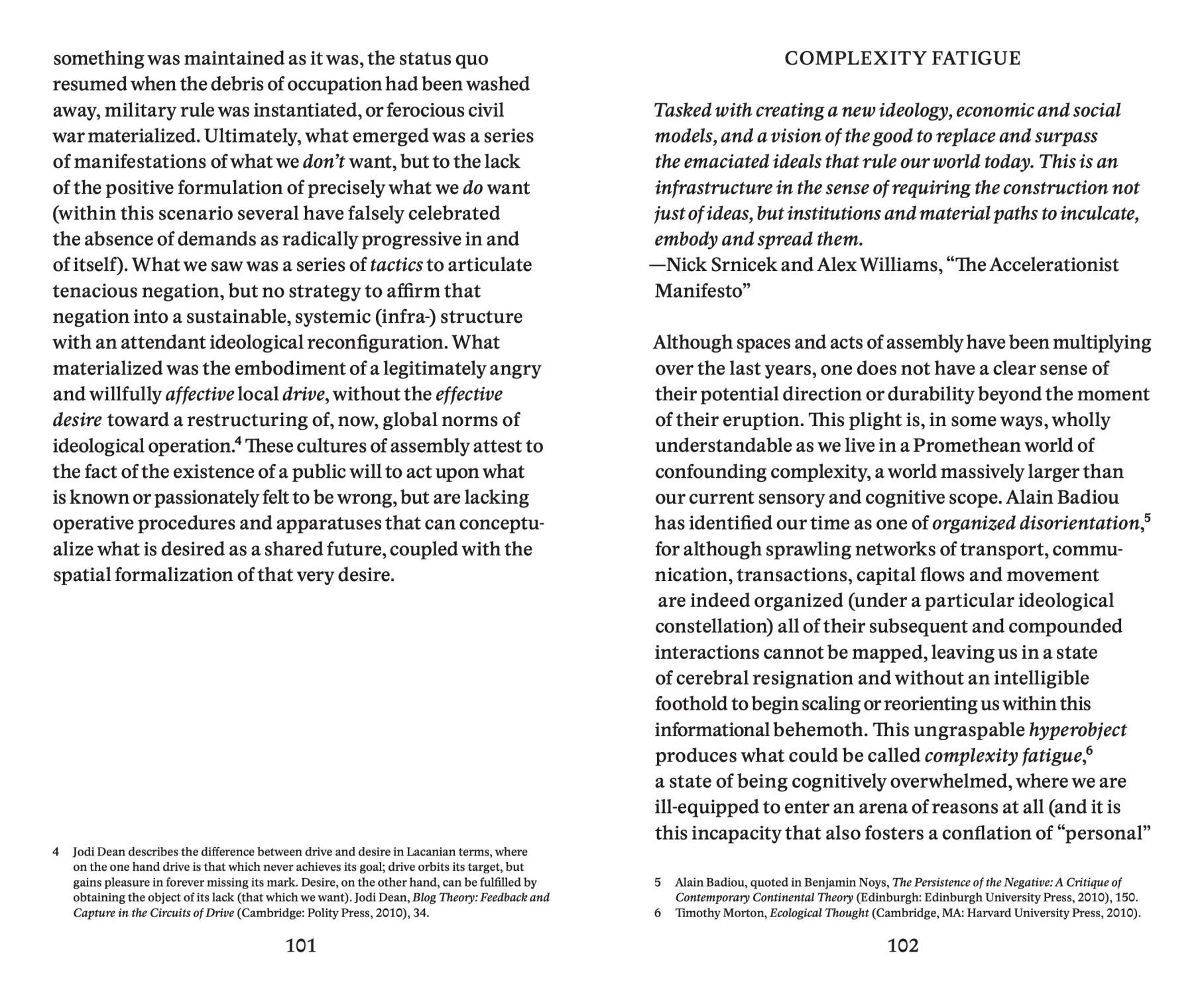Cart totals
| Subtotal | €7.50 |
|---|---|
| Shipping |
Shipping options will be updated during checkout. |
| Total | €13.77 (includes €1.14 VAT) |
| Subtotal | €7.50 |
|---|---|
| Shipping |
Shipping options will be updated during checkout. |
| Total | €13.77 (includes €1.14 VAT) |
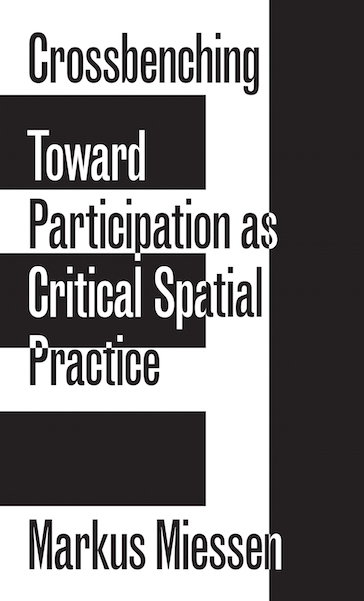
“At the heart of this book is a simple and profound proposition: to ‘do' architecture is to immerse oneself in a conflictual process of material production—participation is not a productive encounter of multiple practitioners and stakeholders, but a set of conflicts, negotiations, maneuvers, and swindles between and within a multiplicity of agents, human and nonhuman alike—equally including architects, clients, financiers, and builders, say, but also silicon, plastic, concrete, each with its conflicting aims and different material means to achieve them. Every building is thus the materialization of such encounter. So, despite the hubris of the field, none of the parties to such an encounter can ultimately control that the result—architecture (unlike real estate), according to Miessen, belongs to no one but affects and is affected by everyone—and this proposition asks that we reframe questions of ethics and politics. They can no longer be the property of an individual but a collective set of interrelations—it is through such profound departure from the terms of architecture that Miessen’s new book demands nothing less than to reimagine how we might finally become citizens.”
—Eyal Weizman, Professor of Spatial and Visual Cultures, Director of the Centre for Research Architecture, Goldsmiths, University of London
“Miessen’s new book depicts in a challenging and projective manner the problem of politics in times of conceptual indeterminacy, where ‘participation’ of the civil society seems to become the salvation for the political mess we are in, especially in Europe. Well, it is not! ‘Participation’ will not eradicate the Front National, and more transparency will not deprive Orbán of his power. Civil society will not gain power by criticizing or demonstrating loudly against the European system or chatting on the Internet. The populists have understood that if you want power, you need parties. What we risk to lose in that participatory game is representative democracy in its current shape and for no good: the majority of the street is no democracy. The post-structuralist hype for participation fuels into the mills of those who want to play la volonté de tous against la volonté generale, to go back to Rousseau: yet, the plebs killed Socrates in Athens.“
—Ulrike Guérot, political scientist, founder and director, European Democracy Lab, Berlin
“Markus Miessen has looked at current modes of form creation, and found them frozen in a near Soviet-style political ice age of pseudo-democracy and pseudo-participation. One might quickly sense a potential whiff of Ayn Rand or crypto-fascism here, but as a means of escape, and with the goal of creating critical and productive change, Miessen instead advocates vigorous cross-disciplinary intrusions—a universe of butting in where one isn’t necessarily invited—to willfully generate alien and unexpected new spaces and ideas. He advocates individuals to become crossbench practitioners, ‘uninvited outsiders’ who actively seek out conflict, despising the still-born texture of today’s culture, a world whose default design mode is one of reflexive consensus. What could have been a career-trashing minefield of a thesis is instead a strikingly intelligent, profoundly well-considered Way Forward that feels both futuristic and correct.”
—Douglas Coupland, writer and artist, author of Generation X: Tales for an Accelerated Culture and Shopping in Jail: Ideas, Essays, and Stories for the Increasingly Real Twenty-First Century
